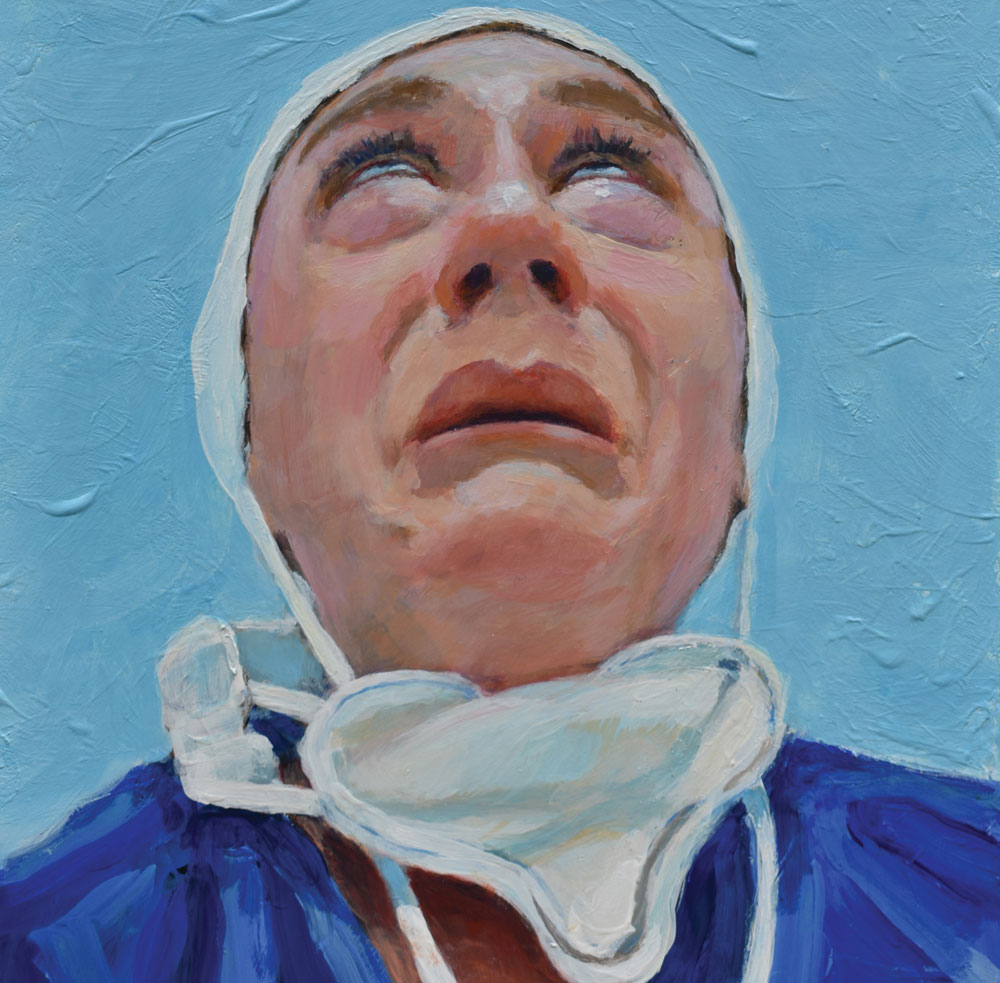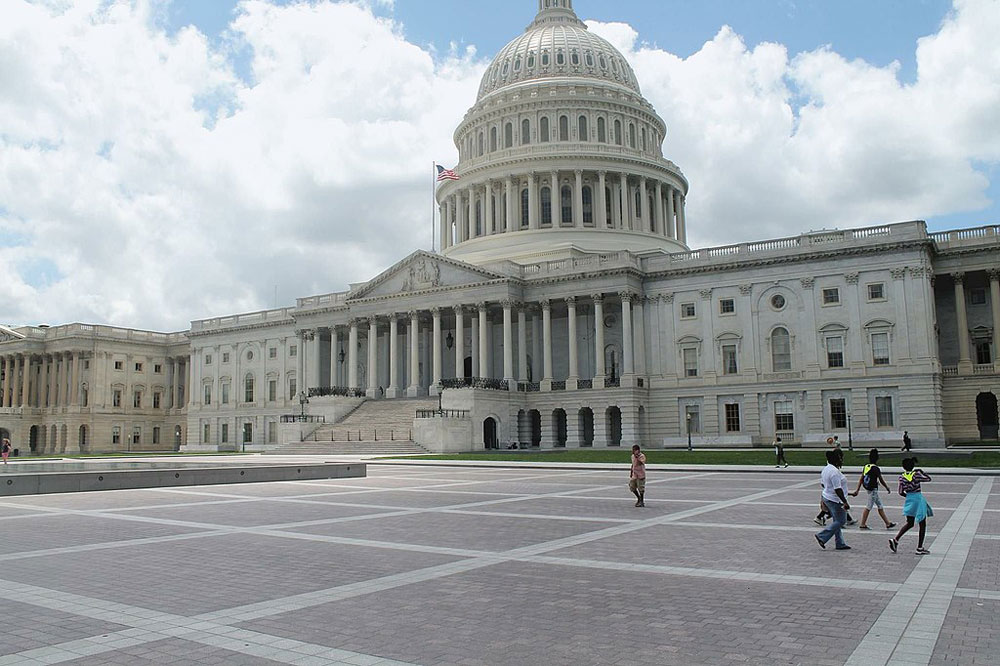At NPQ we’ve been thinking a lot about generational issues and emerging leadership, and the following is some communication from the elder side. . . .
A woman once told me that I have only a thin membrane between my personal and political lives. It’s true, but I come by it honestly, having grown up with “the personal is political” hammered into my head.
Sign up for our free newsletters
Subscribe to NPQ's newsletters to have our top stories delivered directly to your inbox.
By signing up, you agree to our privacy policy and terms of use, and to receive messages from NPQ and our partners.
Over the past few weeks I have had occasion to spend time with a group of friends with whom I have been in common cause since my early twenties. They are all activist women: feminists with larger social justice analyses who have been willing to place a lot on the line over the years, in the contexts of many movements, to give voice to what have very often been deeply unpopular positions. Now we are all in our sixties. Some of those positions we took are no longer so out of the norm.
While we have few regrets (and a lot of pride) about what we have done politically, perhaps predictably we have more regrets about some of our more personal stuff. And there is one issue that pervades, and that is that we did not organize a way to take care of one another in the ways that we might have done. We never revisited our responsibility to one another – the evolution of that. We are all still involved in social justice work, so in that way we carried through; but when we encountered the pain brought on by the work—when it became overwhelming—we were not equal to it in helping one another and that has played out not just personally but politically.
Why do I bring this up? I believe that young leaders may be no more committed or creative than we were, but they may be a bit more evolved. And, so, I want to give them a heads up: It is easy to lapse into arguments over the small truths of our politics such that we forget a bit about the larger truths of our political/personalconnections to one another but we need not always live that out like it is pre-ordained.












